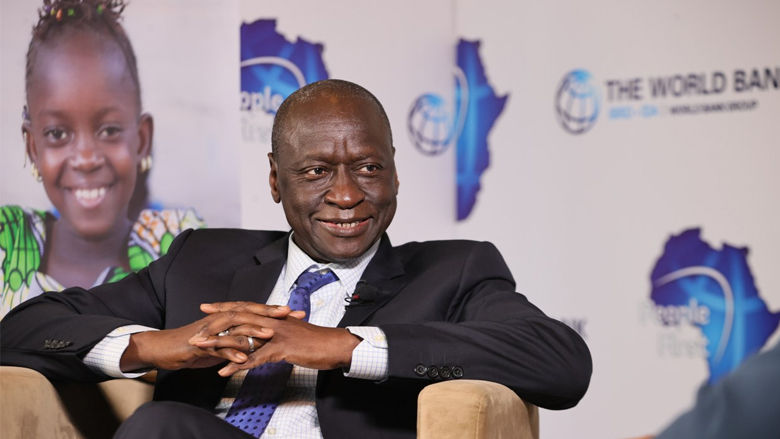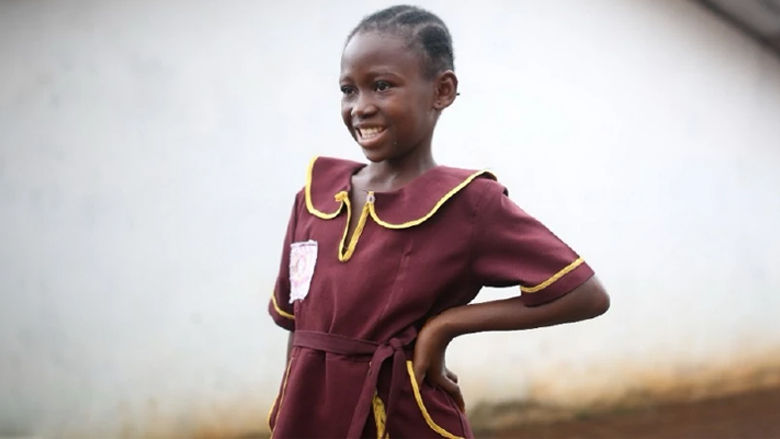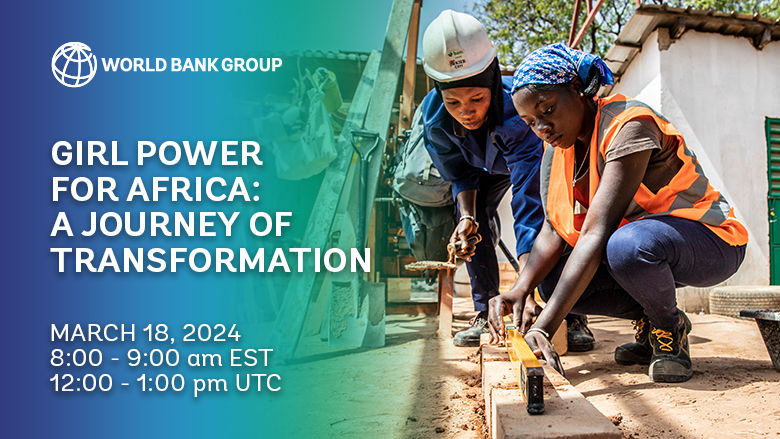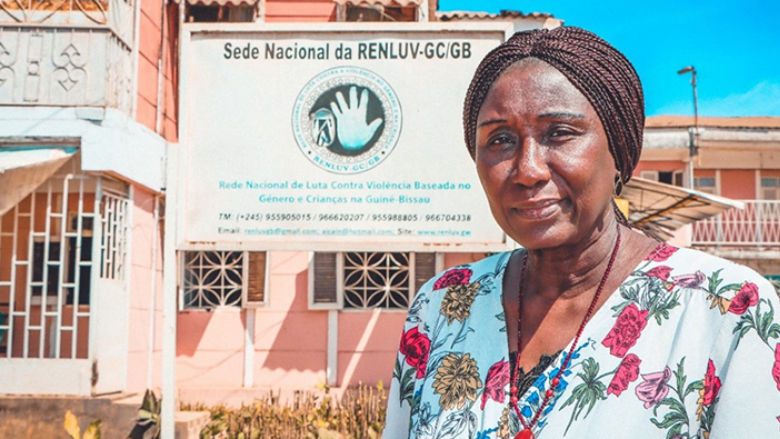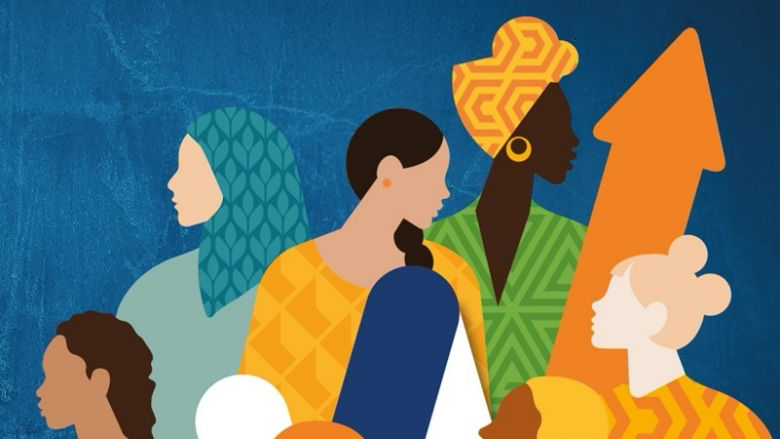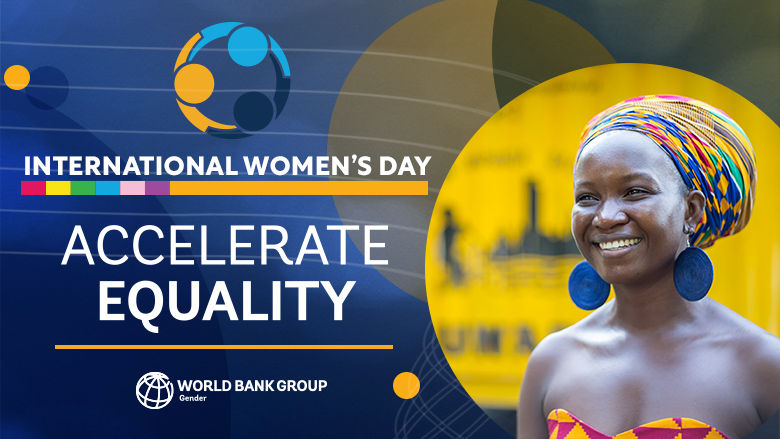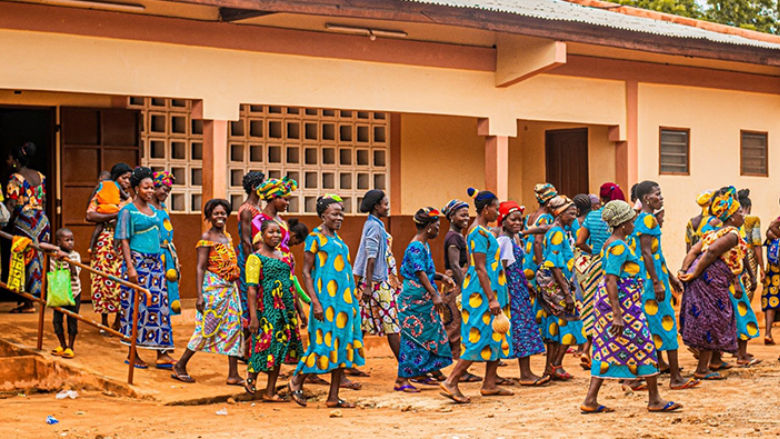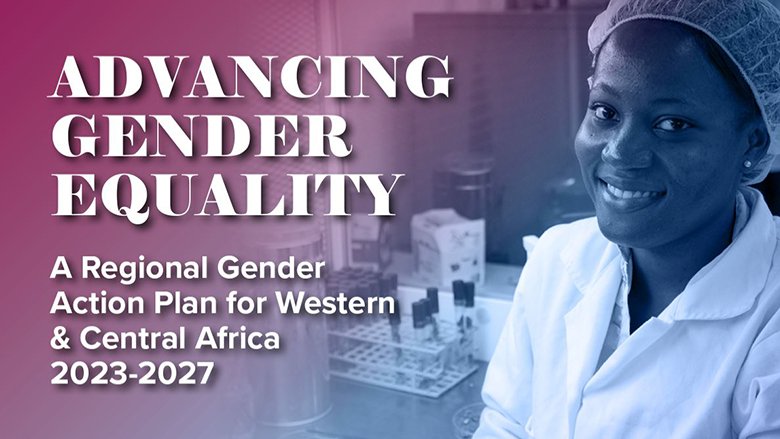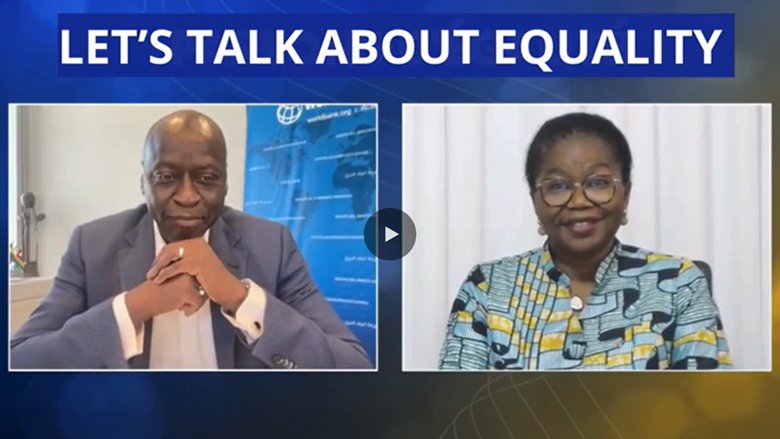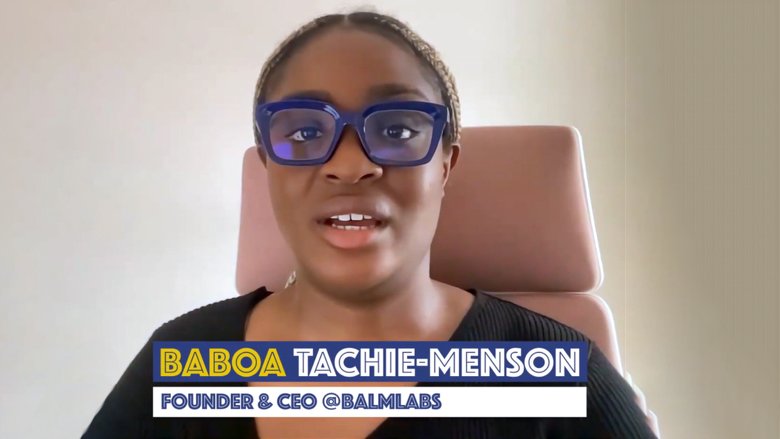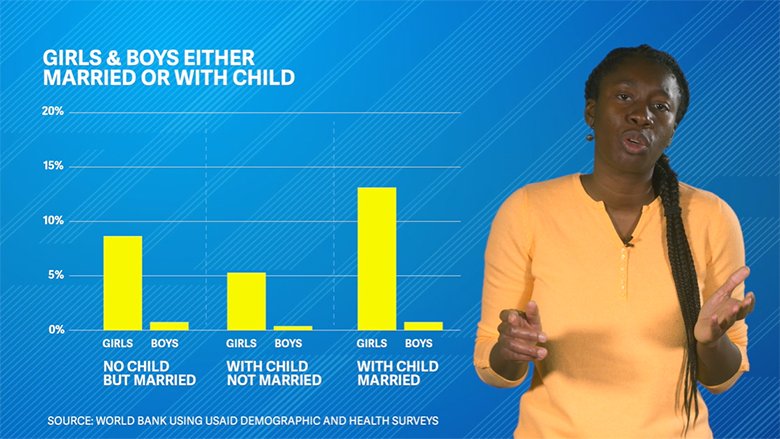To win the development race, investing in women and girls�� empowerment is critical to transform economies and improve people��s lives, making sure that half the population has access to equal opportunities and is not left behind.
While Sub-Saharan Africa continues to advance reforms to close the legal gender gap, the recent highlight the broad gap between laws on paper and the reality on the ground. Such reforms are breaking barriers and allowing women and girls to realize their full potential.
In Western and Central Africa, considerable progress has been made in promoting girls�� education, championing legal reforms, improving livelihood opportunities, and developing more inclusive financial systems. Yet, progress in some areas has not fully translated into lifting girls and women in all areas.
Nearly six out of ten girls in Western and Central Africa are still not in secondary school, two out of ten bear a child as teenagers, and nearly half believe that a husband is justified in beating his wife. A woman in the region earns significantly less than a man, regardless of whether she is a farmer, wage worker, or entrepreneur. The effects of intertwined crises of conflict, food security, continued consequences of the COVID-19 pandemic, are further exacerbating existing inequalities.
��Now is our opportunity to deliver results at scale for an equitable tomorrow,�� said?Ousmane Diagana, World Bank Vice President for Western and Central Africa. ��Educated and empowered girls and women recognize their inherent worth and will fuel sustainable economies and benefit societies and humanity at large��.
Here are some other game changing projects and reforms that demonstrate why investing in women and girls is not only the right thing to do but is also smart economics.

